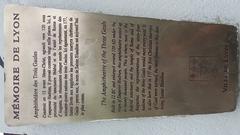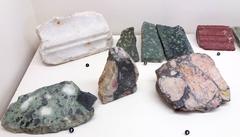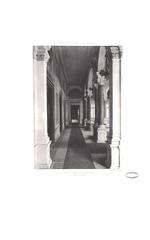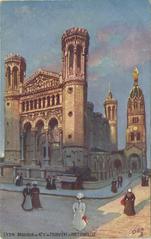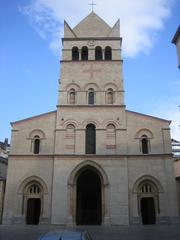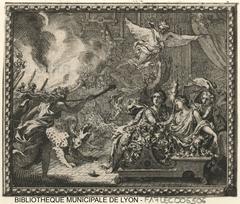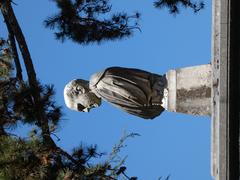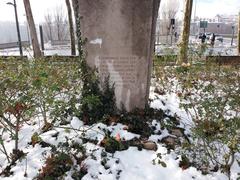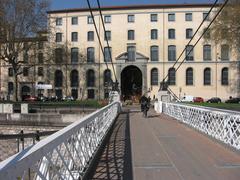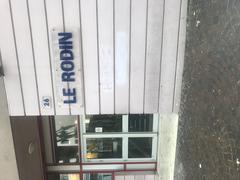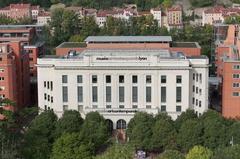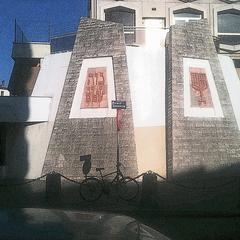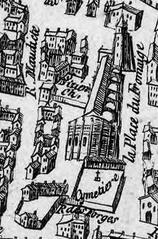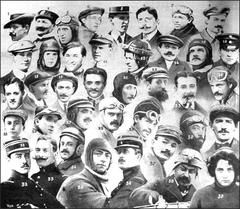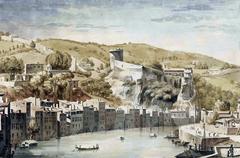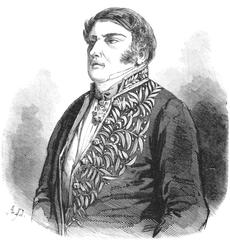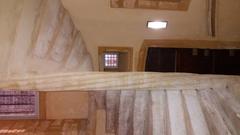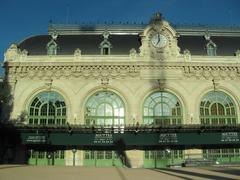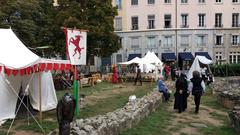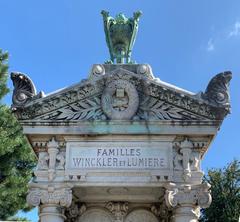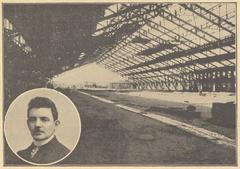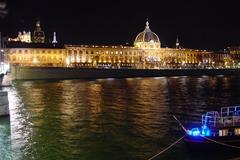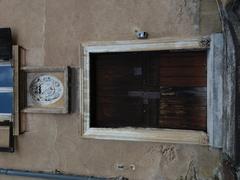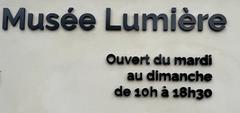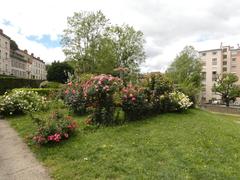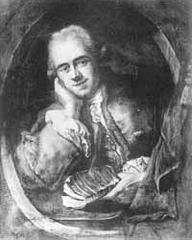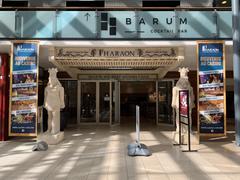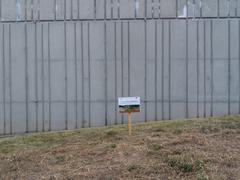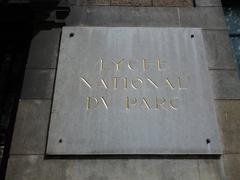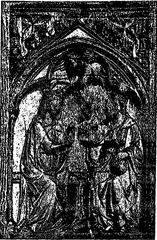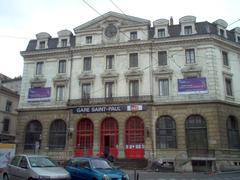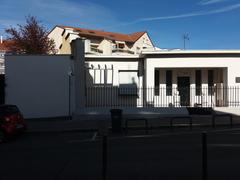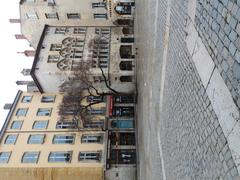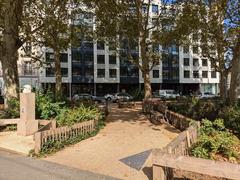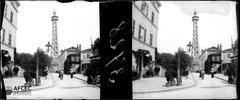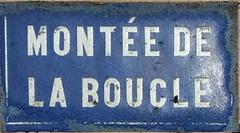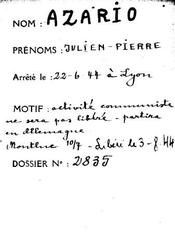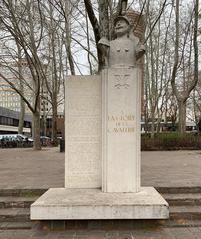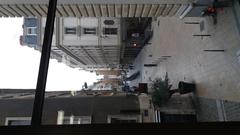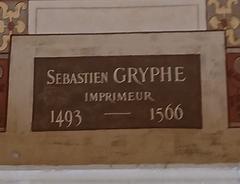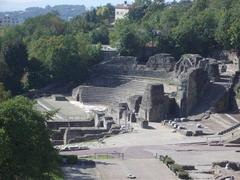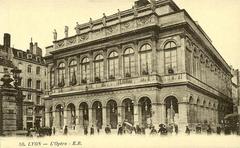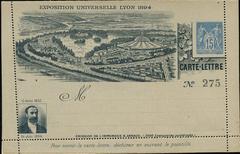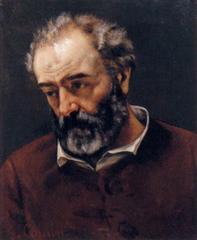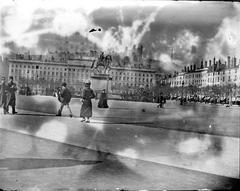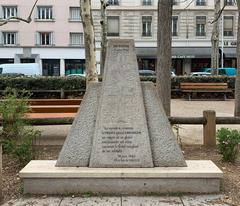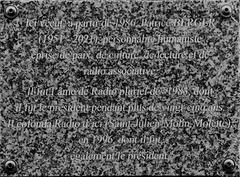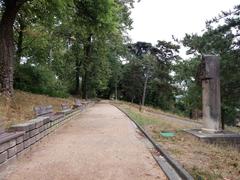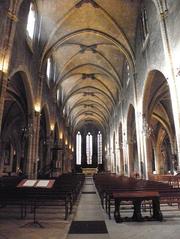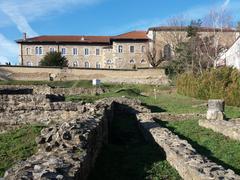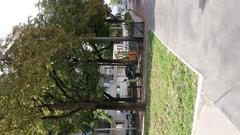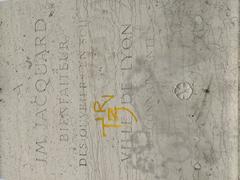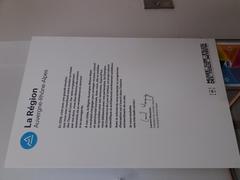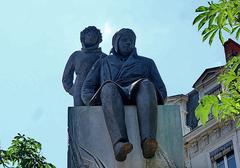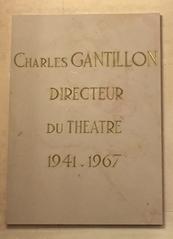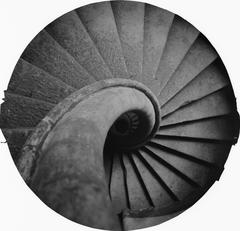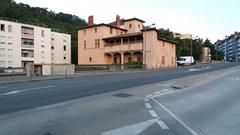
Visiting the Centre d’Histoire de la Résistance et de la Déportation (CHRD) in Lyon: A Comprehensive Guide
Introduction
The Centre d’Histoire de la Résistance et de la Déportation (CHRD) in Lyon offers a poignant journey into the heart of French Resistance and the tragic history of deportation during World War II. Housed within the former Gestapo headquarters, this museum provides a powerful and immersive experience, exploring the complexities of this period through authentic artifacts, personal testimonies, and interactive exhibits. This guide provides essential information for planning your visit, including CHRD Lyon visiting hours, ticket prices, accessibility details, and nearby attractions.
Historical Significance and Location
The CHRD is located at 14 Avenue Berthelot, 69007 Lyon, France, in a building that carries a heavy historical weight. From 1943-1944, this building served as the headquarters of the Gestapo, the Nazi secret police, and was the site of interrogation, torture, and deportation. This location adds a layer of profound significance to the museum’s mission of remembrance and education (CHRD official website). Lyon itself played a crucial role as a center of the French Resistance, earning it the title “Capital of the Resistance” (Chemins de Mémoire).
Museum Collections and Exhibitions
The CHRD’s permanent exhibition, “Lyon dans la Guerre, 39-45,” immerses visitors in the realities of wartime Lyon, showcasing the bravery of resistance fighters and the suffering endured under occupation. The museum also features temporary exhibitions that delve into specific themes related to the Resistance, deportation, and the Holocaust. The extensive photographic archives, including works by André Gamet and Charles Bobenrieth, provide a visual record of this tumultuous period (Chemins de Mémoire). The museum’s collection includes artifacts, documents, and over 700 filmed testimonies, offering a multifaceted perspective on this historical period (CHRD official site). Interactive displays, such as a recreated clandestine printing press and a typical Lyonnaise apartment during the war, enhance the visitor experience (Instants Lyonnais).
Practical Visitor Information
CHRD Lyon Visiting Hours
- Wednesday to Sunday: 10:00 AM – 6:00 PM
- Closed: Mondays, Tuesdays, and certain public holidays (check the official website for specific dates). Note the closure for renovations: September 1-10, 2025 (Lyon.fr).
CHRD Lyon Tickets and Admission
- Full price: €8
- Reduced price: €6 (students, seniors, job seekers, large families, groups of 10+)
- Free: Children under 18, disabled visitors and their companions, Lyon City Card holders, residents of partner towns with the Pass Cité (Visiter Lyon).
- Audioguides: €1 (French and English)
Tickets can be purchased on-site or online.
Accessibility
The CHRD is committed to accessibility and offers wheelchair access, adapted restrooms, and resources for visitors with visual or auditory impairments (Agenda Culturel).
Guided Tours and Educational Programs
Guided tours are available in French and English, providing in-depth insights into the exhibitions and historical context. The CHRD also offers educational programs and workshops for school groups and families. Advance booking is recommended for guided tours and educational programs (CHRD official site).
Nearby Attractions
- Parc de la Tête d’Or (7alyon.com)
- Institut Lumière (7alyon.com)
- Basilica of Notre-Dame de Fourvière (7alyon.com)
- Traboules of Lyon (Exposition Lyon)
- Musée des Confluences (Musée des Confluences)
Tips for Visiting
- Allow at least 2-3 hours for your visit.
- Consider taking a guided tour for a richer understanding.
- Be prepared for emotionally challenging content.
- Check the museum website for temporary exhibitions and special events.
- Utilize public transport for easy access (Metro Line B, Jean Macé station).
Conclusion
The CHRD is a powerful and essential destination for anyone seeking to understand the history of the French Resistance and the Holocaust. By preserving the memories and stories of this period, the museum encourages reflection and promotes the importance of human rights and remembrance.











